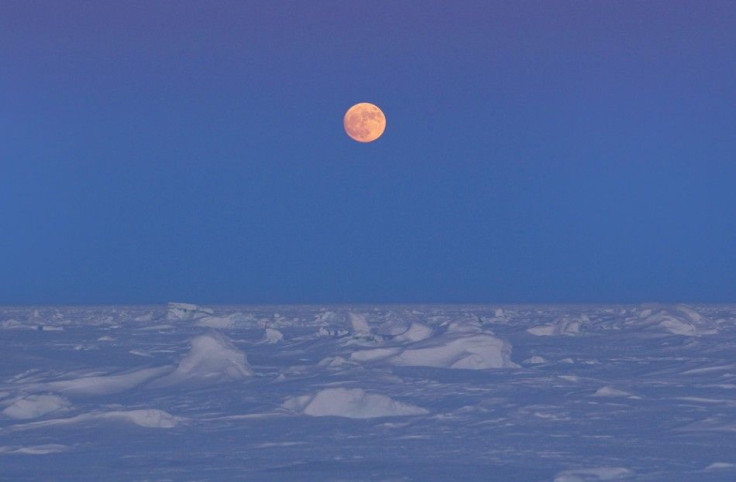Arctic Sea Ice Could Melt or Expand Over the Decades: Study

Arctic sea ice may either melt away with the warming climate or it could temporarily stabilize, may be expand, over the next few decades.
Scientists at the National Center for Atmospheric Research, or NCAR, use computer modeling to reinforce previous research findings that the level of Arctic sea ice loss experienced in recent decades can't be explained by natural causes alone. Additionally, the ice will sooner or later disappear during summer if climate change continues, the scientists found.
According to the NCAR team's surprising finding, under current climate conditions, the Arctic ice is as likely to expand as it is to contract for periods of up to about a decade. The study is published in the Geophysical Research Letters.
"One of the results that surprised usice
all was the number of computer simulations that indicated a temporary halt to the loss of the ice," said NCAR scientist Jennifer Kay, who is also the study's lead author, in a statement. "The computer simulations suggest that we could see a 10-year period of stable ice or even a slight increase in the extent of the ice."
The fate of the sea ice over the next decade not only depends on human activity but also on climate variability that cannot be predicted, Kay said.
Wind patterns could temporarily halt the sea ice loss, she added.
"When you start looking at longer-term trends, 50 or 60 years, there's no escaping the loss of ice in the summer," Kay says.
Kay and her colleagues attribute approximately half the observed decline to human emissions of greenhouse gases, and the other half to climate variability.
Since 1979, the extent of summertime Arctic sea ice has shrunk by about one third. July has been a record low month for the ice this year.
© Copyright IBTimes 2024. All rights reserved.






















